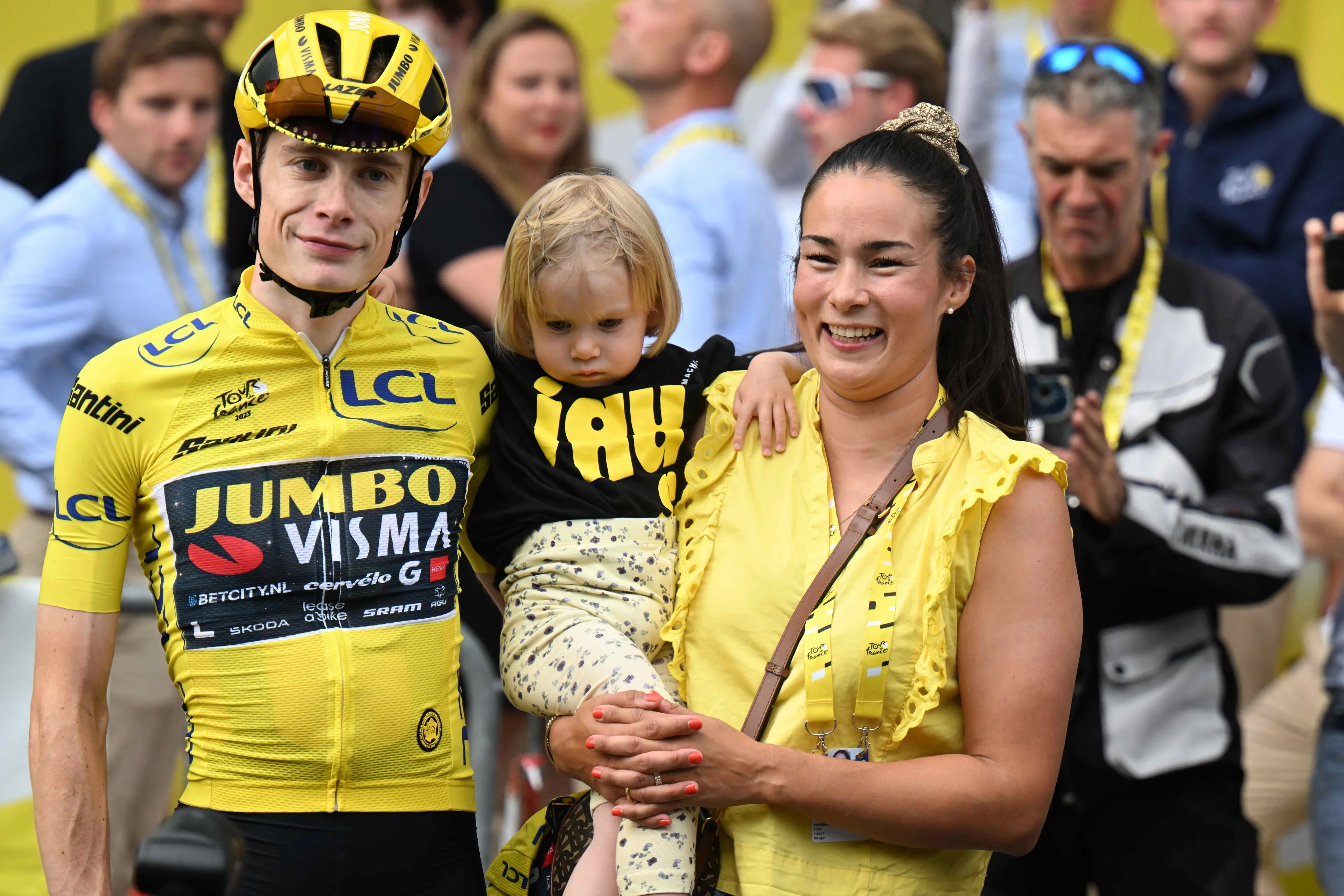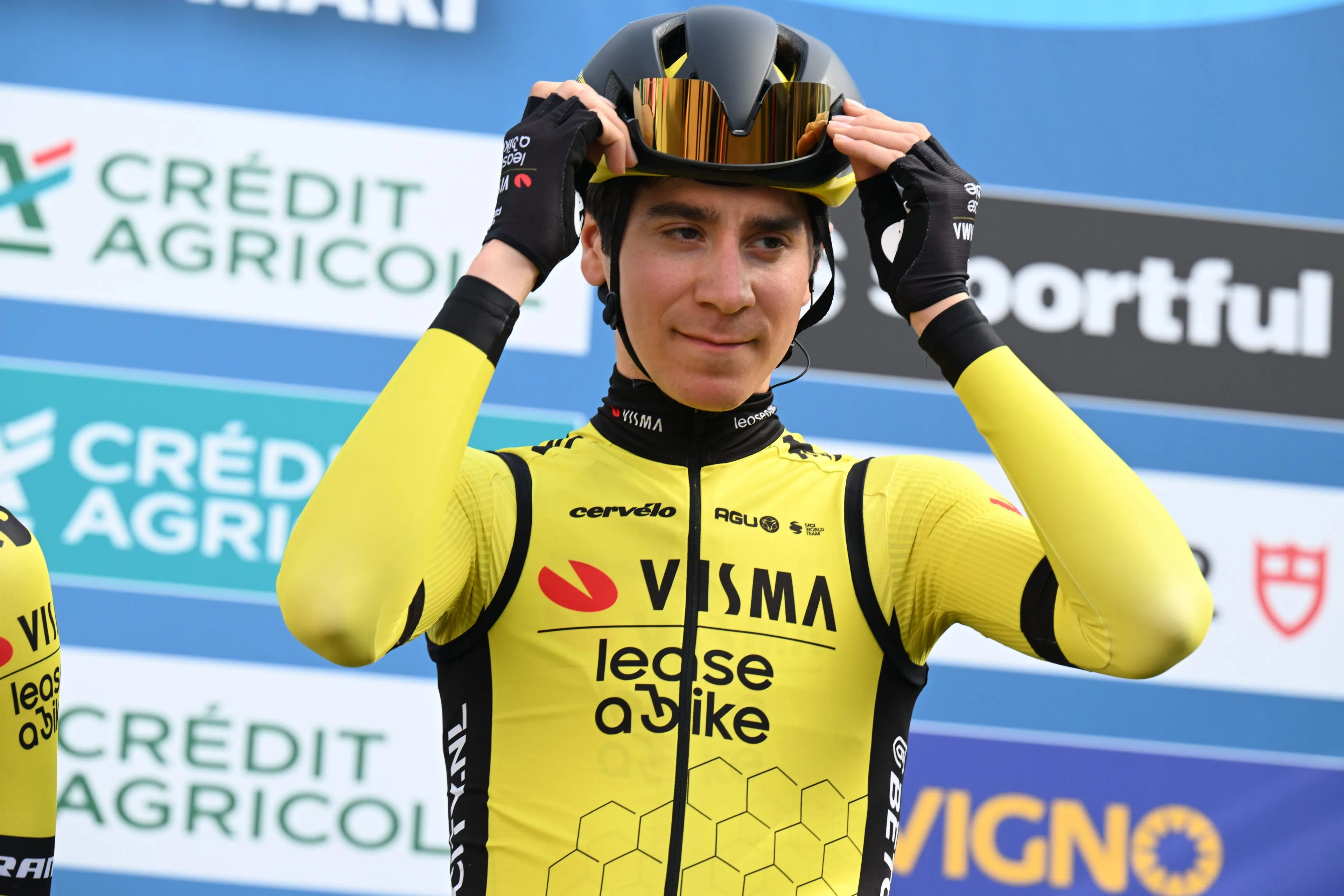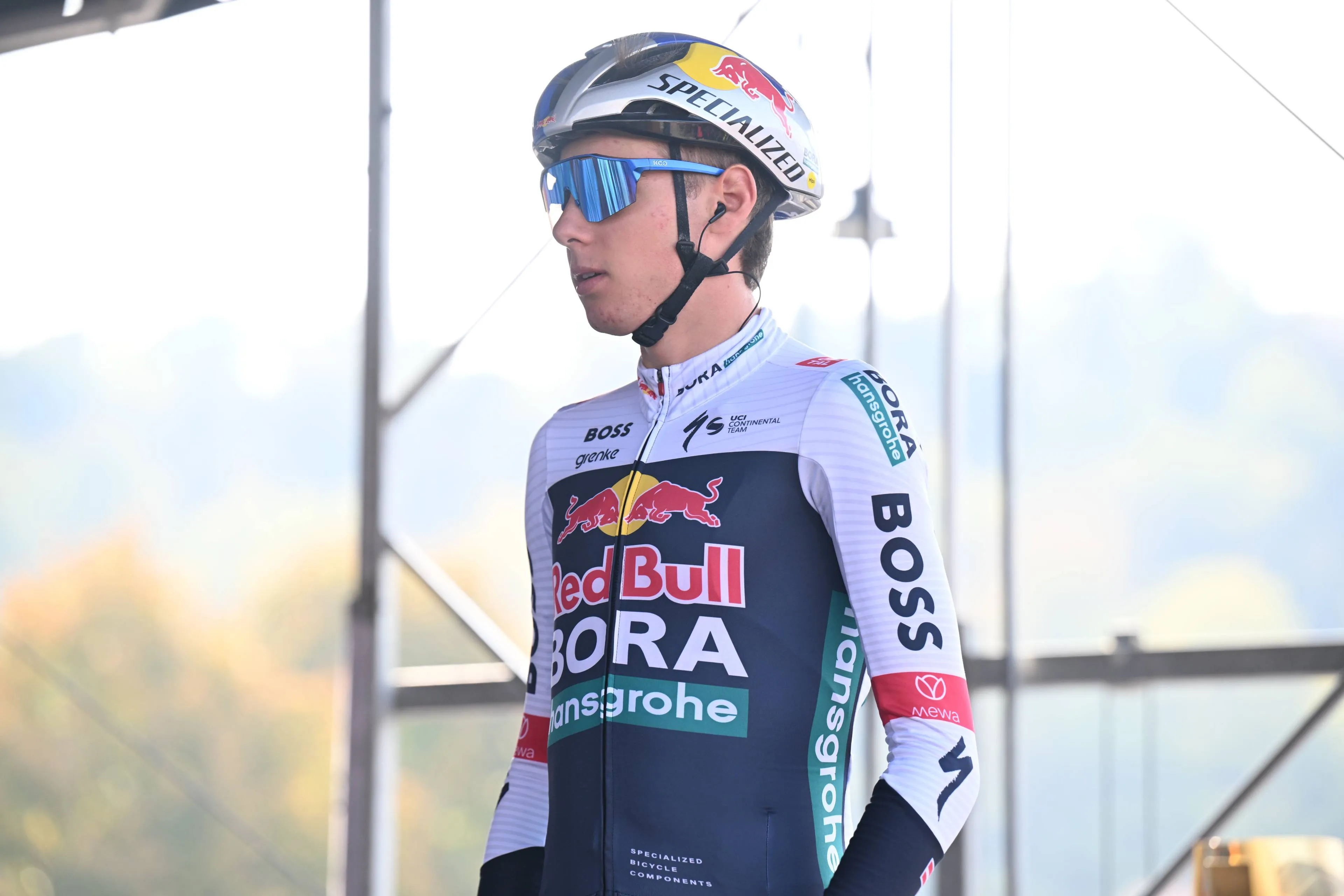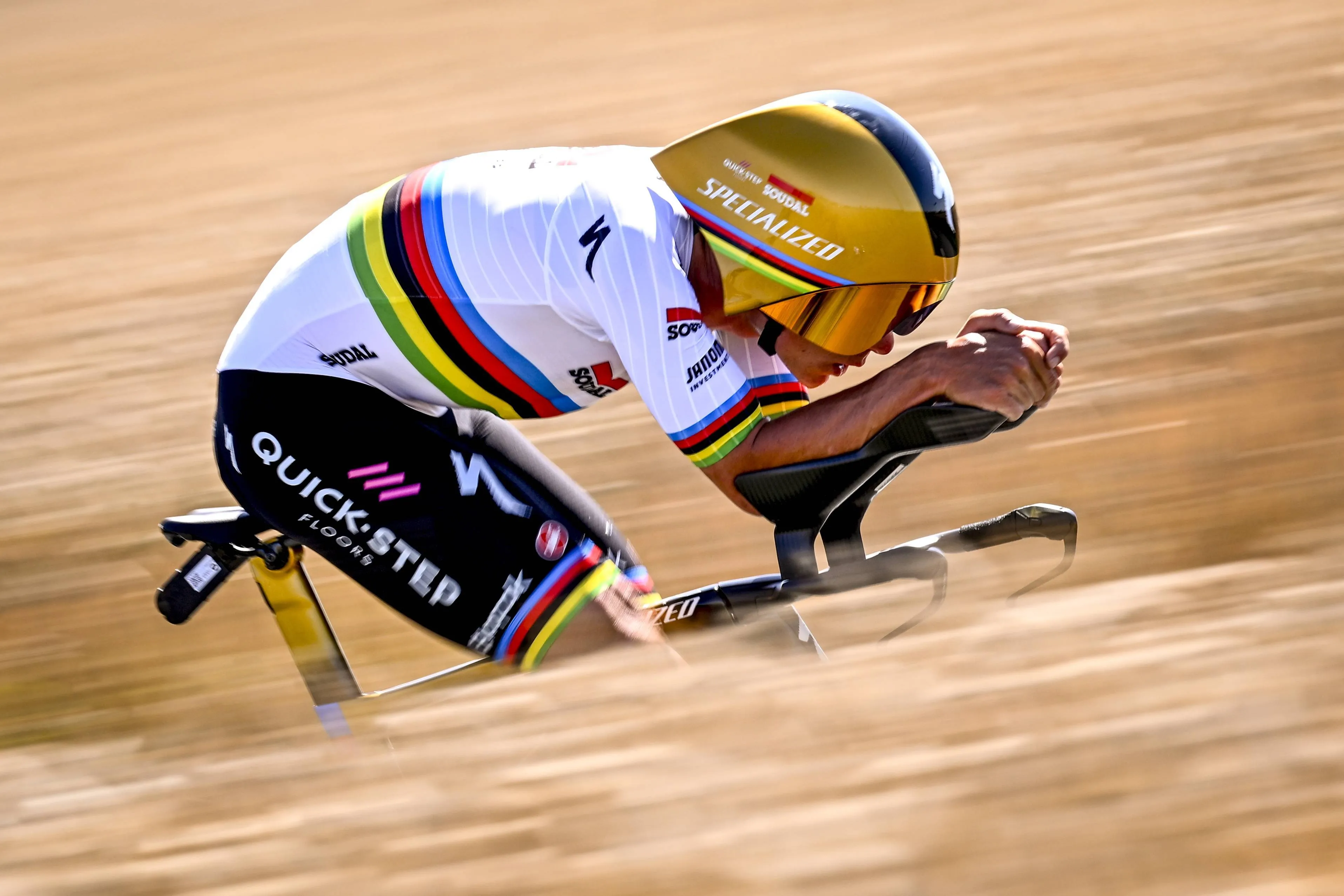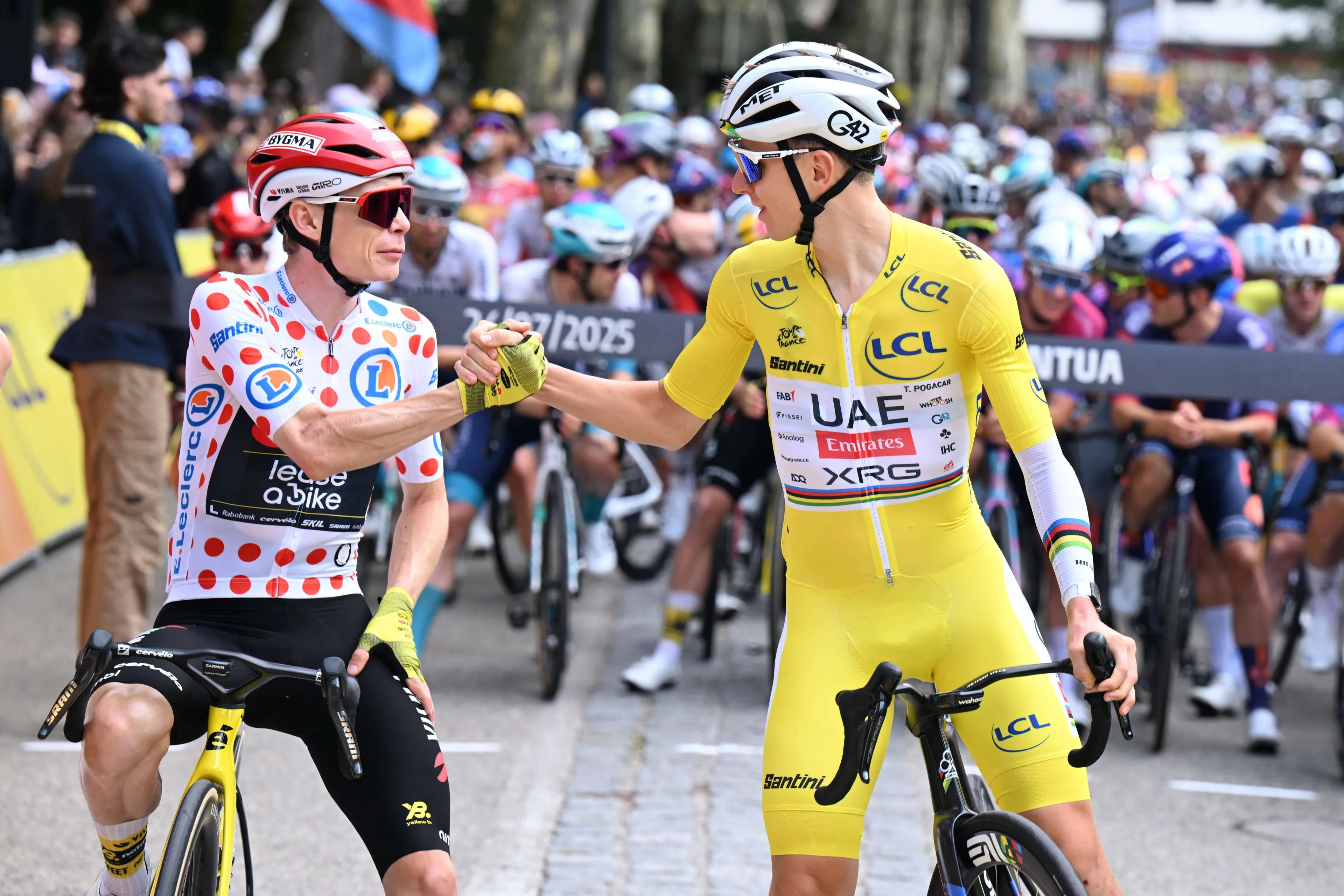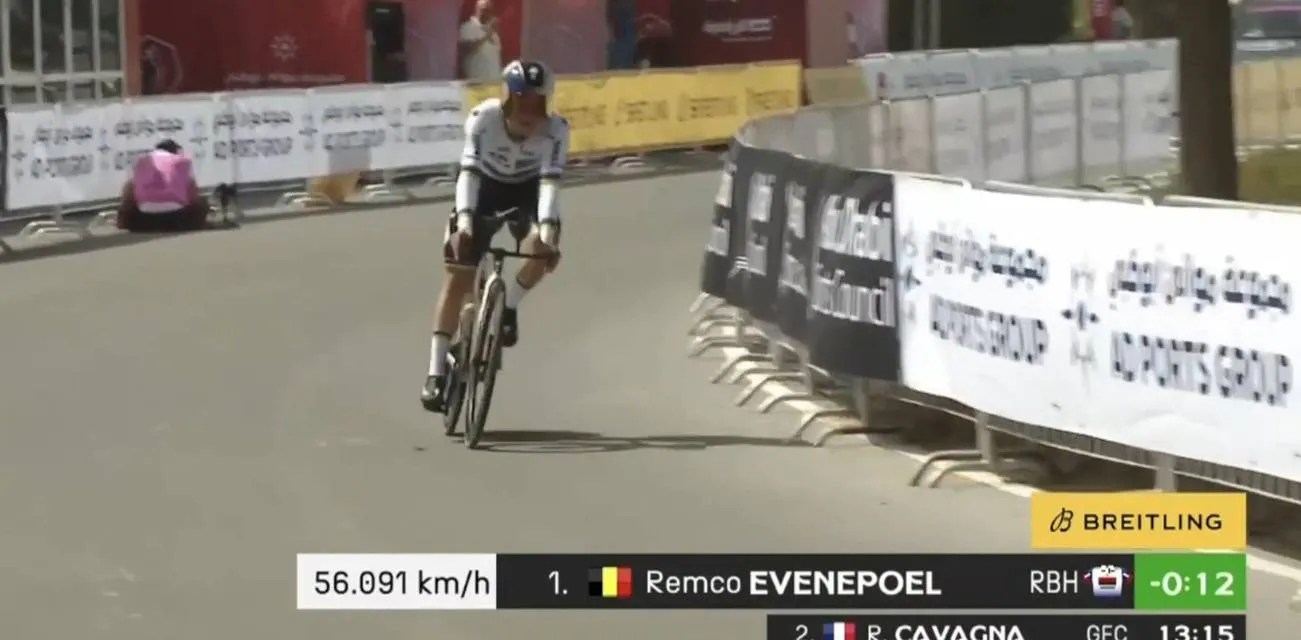Former Team | Visma Lease a Bike rider Robert Gesnik reflects on the heartbreak and accident that shaped his career: "The pain never goes away"
CyclingFriday, 22 November 2024 at 01:00
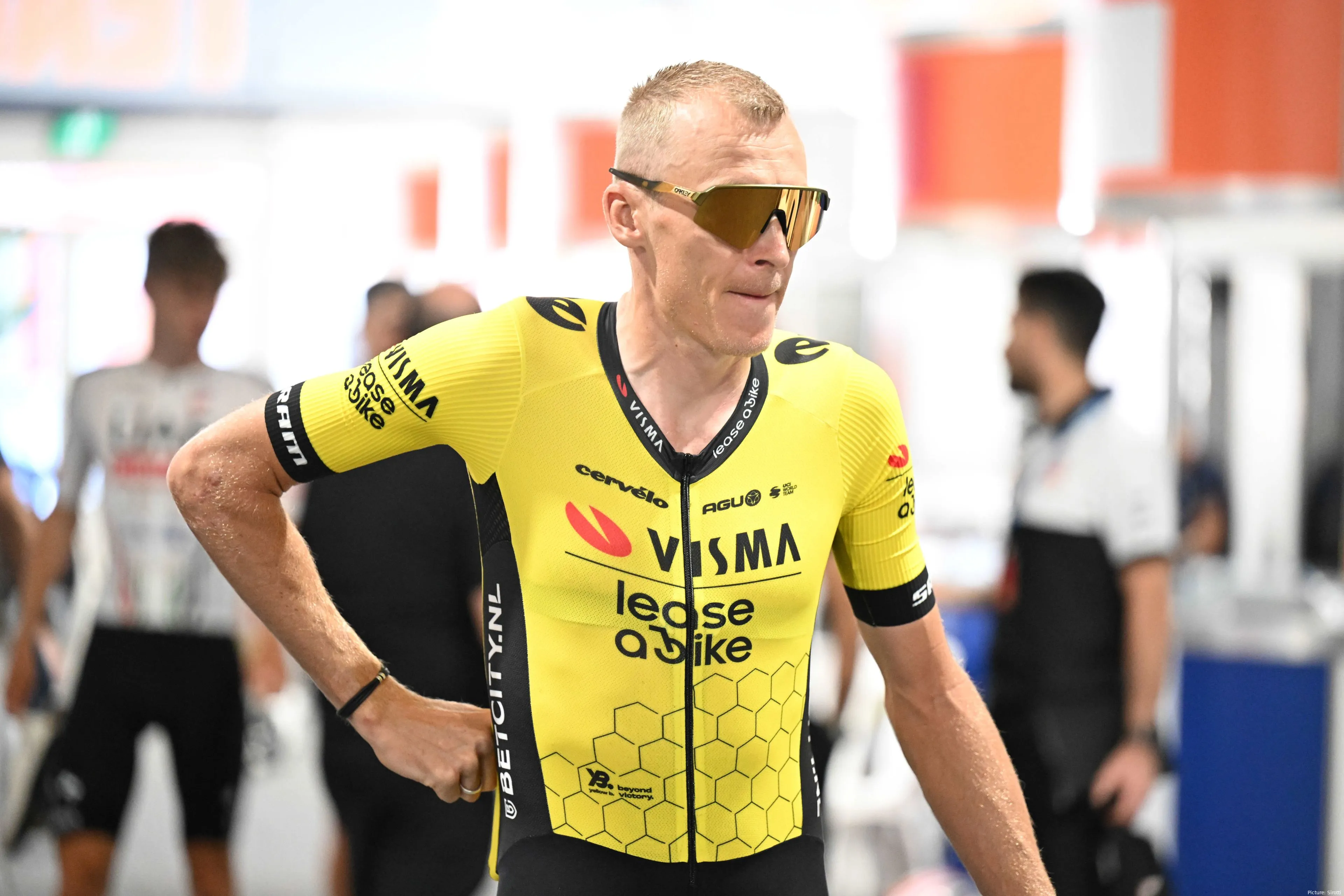
Dutch veteran Robert Gesink was one of the longest serving
members of the peloton before he waved goodbye after the Vuelta a Espana this
year. He rode with Team | Visma Lease a Bike from it’s early days back in 2007,
and played a role in the teaming becoming one of the most dominant forces in
the sport. The 38 year old recently caught up with RIDE Magazine to talk about
some of the pivotal moments of his career.
Gesink recognises the 2010 Tour de France as the turning
point in his career, after he finished 5th in the GC and seemed set
for greatness. But over the next 12 months, tragedy struck after his father
died in an accident at the Bart Brentjens Challenge.
Read also
“Of course there were times when I hated the bike,” he looks
back on the darkest page of his private life. “After my father died, I started
training extremely hard out of hatred and anger towards everything and
everyone. I came out of the winter very strong. I won the Tour of Oman with a
vengeance, came second in the Tirreno and third in the Basque Country. After
that it was all over.”
"I had burned myself out pretty much,” he revealed. “It
was over and I ended up in a serious dip. I actually didn't give myself time to
process everything. Although that pain never goes away. The bike has given me a
lot, but unfortunately also taken a lot away from me sometimes."
Read also
Gesink also spoke about the freak accident that derailed his
cycling career back in 2011, when he crashed on cobblestones whilst training for
the 2011 World Championships. “Looking back, I divide my career into two parts.
Before and after the broken leg. This fracture limited my performance after
2011 to a large extent.
“My growth as a stage racer stopped there. For a top
athlete, who goes for the results at the highest level, such a broken leg is
very limiting. Until that fall, you could see that I was performing better and
better. After that fall, everything became a lot more difficult.
“After the operation I had to start from scratch with my leg,”
he continued, revealing the true extent of his injury. “Literally learn to walk
and cycle again. After that I always cycled with two different legs in terms of
strength. There were many complaints, pain, which again led to the necessary
position changes on the bike. Actually, that fracture was the beginning of a
lot of misery. Although almost every rider has his story and fortunately I have
shown some very nice things on the bike afterwards.”
claps 0visitors 0
Just in
Popular news
Latest comments
- lame, but probably correctantipodeanpedalfan18-02-2026
- Van Gils rode like wanted to get crashed or way too over confident that he was going to overtake Jan before getting pinched. It was obvious were Jan was going/had to go and MVG had the whole road to give an inch so he would have a chance to overtake on the rightjad2918-02-2026
- Double book this showing with the Melania documentary and you might get 100 people to see it...total !frieders318-02-2026
- Simple solution...stay off the barriers since you might get closed out ! Christen's sprint was legal as he was trying to get into the slipstream of Pidcock.frieders318-02-2026
- I believe Remco now understands that he will have issues reaching the top step as long as Tadej is in the Tour, whiles he's a year junior to Tadej he has had his upper body rebuilt twice now from crashes over the last few years. I think he has a chance to win the Tour in a few more seasons, you can only prepare yourself as best you can and try. He said he needs to race some more one week stage races, he should, he can probably win them all. I also believe Remco should aim for another Vuelta if he comes out of the Tour in good form and maybe he should think about the Giro again for next season. This is potentially Tadej's fifth Tour win coming up this year, no one is going to derail that unless he falls off the bike or gets really sick.awp17-02-2026
- Not only will the great narcissist get his voice, but he'll benefit financially from this as well. Who says that cheating and lying your way to victory doesn't pay?
 santiagobenites17-02-2026
santiagobenites17-02-2026 - It'll make a good double feature with the Michael Jackson soft focus biopic.LumbarDeniro17-02-2026
- Yeah, whilst MVDP would never break a bone on the MTB... 😂Sexass17-02-2026
- I think he looses too much weight and that leads to his implosions, when he doesn't worry about it or can get it exactly were he wants, like 2024 tour, he is betterjad2917-02-2026
- King of ROAD cycling, because "Mathieu has no equal on the bike" Put Pogačar on a CX bike or a mountain bike and he'll break a few bones.
 Rafionain-Glas17-02-2026
Rafionain-Glas17-02-2026
Loading
Write a comment
